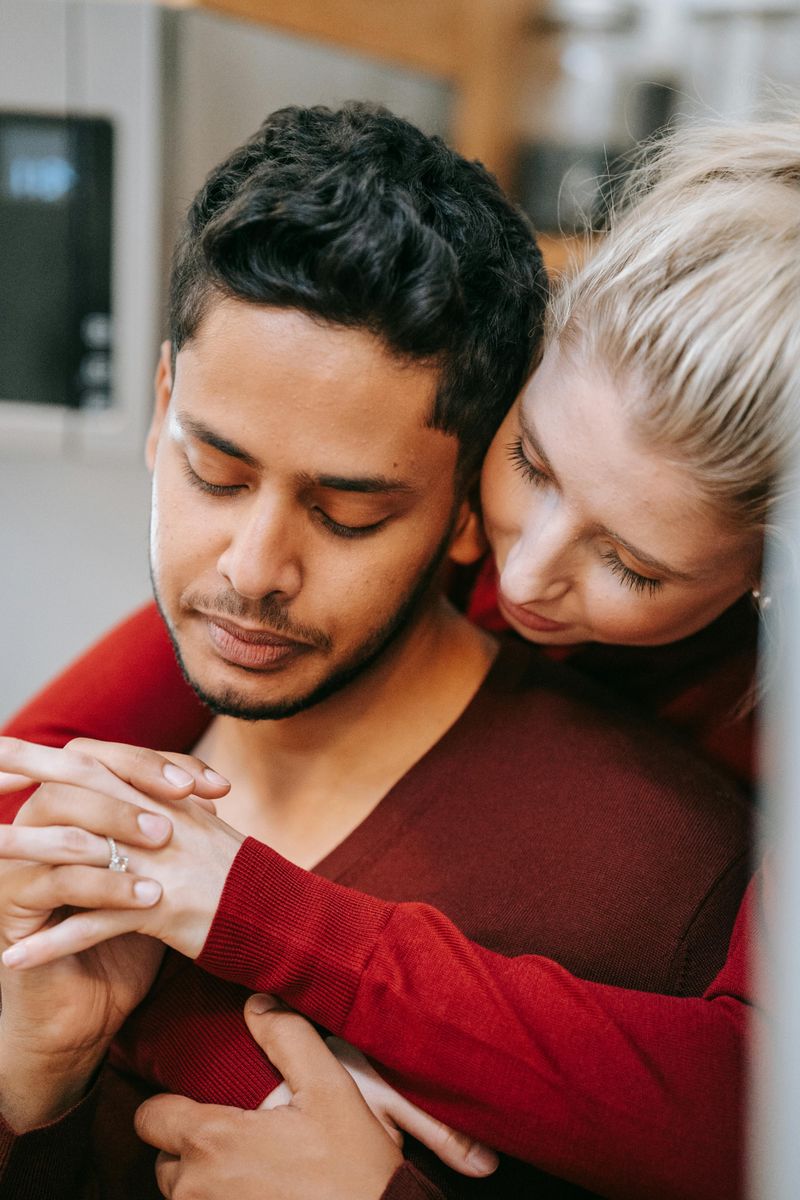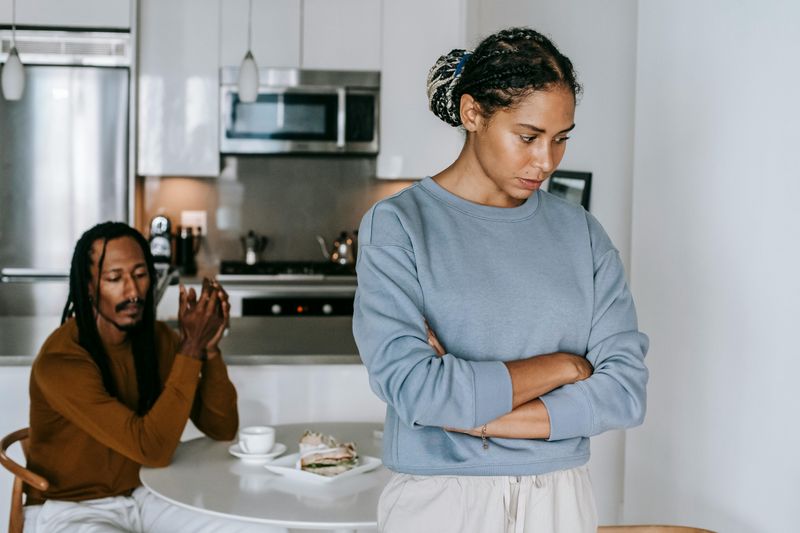Breaking free from a toxic relationship sounds simple, but millions of people struggle with it every single day. Understanding why someone stays in a harmful partnership can help us support loved ones or recognize our own patterns. Many factors keep people trapped in relationships that hurt them emotionally, mentally, or even physically.
1. Fear of Being Alone

Many people would rather endure pain than face the unknown of being single. The thought of eating dinner alone, sleeping in an empty bed, or attending events without a partner feels overwhelming. Society often makes single people feel incomplete or less valuable than couples.
This fear becomes even stronger when someone has been in a relationship for years. They forget what independence feels like and convince themselves they cannot function alone. Building a life without their partner seems impossible, even when staying causes constant suffering.
The reality is that being alone offers freedom, growth, and peace. Learning to enjoy your own company takes time but leads to healthier future relationships.
2. Financial Dependency

When one partner controls the money, the bills, and the roof overhead, leaving isn’t just emotional—it’s survival math.The dependent partner worries about affording rent, feeding children, or maintaining their current lifestyle.
Some abusers deliberately create this situation by preventing their partner from working or accessing money. Others simply earn more and use that advantage to maintain control. The trapped person calculates the cost of freedom and decides they cannot afford it.
Community resources, shelters, and assistance programs exist specifically to help people escape these situations. Financial struggle feels temporary compared to years of emotional damage.
3. Hope That Things Will Change

Every toxic relationship has good moments sprinkled between the bad ones. These brief periods of kindness or affection convince people that their partner can transform into someone better. They remember the person they fell in love with and believe that version still exists underneath.
Partners often promise to change after arguments or incidents. They apologize, cry, buy gifts, and act loving for days or weeks. This cycle creates false hope that keeps the relationship alive despite repeated disappointments.
Real change requires consistent action over months, not just words after a fight. When patterns repeat themselves over and over, hope becomes denial that prevents necessary action.
4. Low Self-Esteem and Worthlessness

In abusive relationships, emotional manipulation often takes the form of persistent criticism. Over time, this erodes the victim’s self-perception, leading them to believe they are inadequate, unlovable, or deserving of mistreatment — reinforcing the cycle of abuse.
This damaged self-image makes leaving feel pointless. If you believe you are worthless, staying in a bad relationship seems like the best option available. The abuser reinforces these thoughts by claiming nobody else would tolerate or love you.
Everyone deserves respect, kindness, and healthy love regardless of their perceived flaws. Building self-worth takes professional help sometimes, but it opens doors to better relationships and genuine happiness.
5. Children and Family Pressure

Parents often sacrifice their own wellbeing to keep families intact for their children. They believe kids need both parents under one roof, even when the home environment feels tense or frightening. The guilt of breaking up the family weighs heavier than personal suffering.
Extended family members sometimes pressure people to stay together for religious reasons, cultural expectations, or family reputation. Grandparents, parents, or siblings may not understand the severity of the situation and offer unhelpful advice about working things out.
Children actually benefit more from one peaceful home than from two parents constantly fighting. Modeling healthy boundaries teaches kids valuable lessons about self-respect and relationships.
6. Trauma Bonding and Attachment

It’s wild how someone can hurt you, then be the one to comfort you — and somehow, that makes you feel closer to them. Your brain mixes up pain and love, and the ups and downs start to feel like something you can’t live without.
Victims mistake this trauma bond for deep connection or soulmate love. They experience withdrawal symptoms when apart from their partner, similar to drug addiction. The intensity feels more real than healthy, stable relationships that lack dramatic ups and downs.
Recognizing trauma bonding requires education and often therapy. Breaking these attachments feels painful initially but leads to clarity about what healthy love actually feels like in the long run.
7. Fear of Retaliation or Escalation

Some people stay because leaving feels more dangerous than remaining. Partners who threaten violence, revenge, or harm create environments of constant fear. Victims worry about their physical safety, their pets, their property, or their reputation if they attempt to leave.
Abusers often escalate their behavior when they sense loss of control. Statistics show that the most dangerous time in an abusive relationship occurs during the breakup period. This reality makes staying seem like the safer choice, even though it prolongs the suffering.
Safety planning with professionals, obtaining restraining orders, and using domestic violence resources can help people leave dangerous situations. Freedom requires courage but also smart strategies and support systems.

Comments
Loading…